

Things to Know About Medical Marijuana Ontario
Navigating the world of medical marijuana in Ontario can feel overwhelming, especially if you're just starting to explore it as a treatment option. Whether you're managing chronic pain, anxiety, or another health condition, understanding how medical cannabis works within Ontario’s healthcare system is key to accessing it safely and legally. Here’s what you need to know if you're considering medical marijuana as part of your wellness journey.
First, it’s important to recognize the distinction between recreational and medical cannabis in Canada. While recreational cannabis is legal nationwide, it is strictly limited—only four plants per household are allowed, and access to specific products and potencies can be limited. Medical cannabis, on the other hand, is regulated under Health Canada’s medical framework, and patients with proper documentation are legally entitled to possess, purchase, and even grow cannabis beyond the recreational limits.
In Ontario, medical marijuana access is guided by the federal Cannabis Act and overseen by Health Canada. To get started, patients must obtain a medical document from a licensed healthcare practitioner. This functions similarly to a prescription and outlines the recommended dosage, grams per day, and duration of use. From there, patients have options—they can register with a licensed producer, designate a grower, or apply for a personal production licence under the ACMPR framework.
Many people ask, “How do I get a cannabis prescription in Canada?” or “Is it hard to find a medical cannabis doctor in Toronto?” The good news is, no—you don’t need to rely on your family doctor if they’re unfamiliar with cannabis treatment. You can connect with a dedicated medical cannabis clinic in Toronto like GrowLegally, where experienced professionals guide you through the consultation and approval process with ease.
Patients across Ontario report using medical cannabis to help manage symptoms of chronic pain, insomnia, arthritis, PTSD, and more. While cannabis is not a cure, it may offer relief when used responsibly under medical supervision. Different formats—such as oils, capsules, dried flower, and edibles—offer flexibility depending on your lifestyle and health needs. Indica strains are often favoured for nighttime use due to their relaxing properties, while Sativa strains are more uplifting and better suited to daytime use. Hybrid strains offer a balance, and CBD-rich products are increasingly popular among patients looking for non-psychoactive relief.
It’s also essential to know your legal rights as a patient. With a valid prescription, you can travel domestically with your medical cannabis within the possession limits and even apply for a medical cannabis travel permit for international trips, including destinations like Jamaica. You’re also protected from workplace discrimination, although disclosure of use is advised in safety-sensitive jobs.
Don’t forget the importance of renewal. Your medical cannabis prescription is only valid for a set period—usually 12 months—after which it must be renewed. Lapsed documentation could put you at legal risk, especially if you're growing or carrying amounts above the recreational limit. At GrowLegally, we make the medical cannabis renewal process in Canada smooth and stress-free, ensuring you stay compliant and protected.
The medical cannabis system in Ontario exists to support patients who genuinely benefit from alternative treatment options. It's not just about access—it’s about empowerment, education, and safety. GrowLegally has helped thousands of patients across the province and the country get legal access to cannabis through proper medical channels.
If you’re ready to explore whether medical cannabis is right for you, contact GrowLegally today to book your free consultation. Our team is here to guide you every step of the way—from assessment and documentation to licensing and patient support.
Previous Post
Next Post

Storing Medical Cannabis – Learn how to properly store your cannabis and keep its potency strong.
Go To Post
Before Acquiring Medical Marijuana, Here Are 2 Questions That Your Doctor Is Likely To Ask You (Plus a Bonus One!)
Go To Post



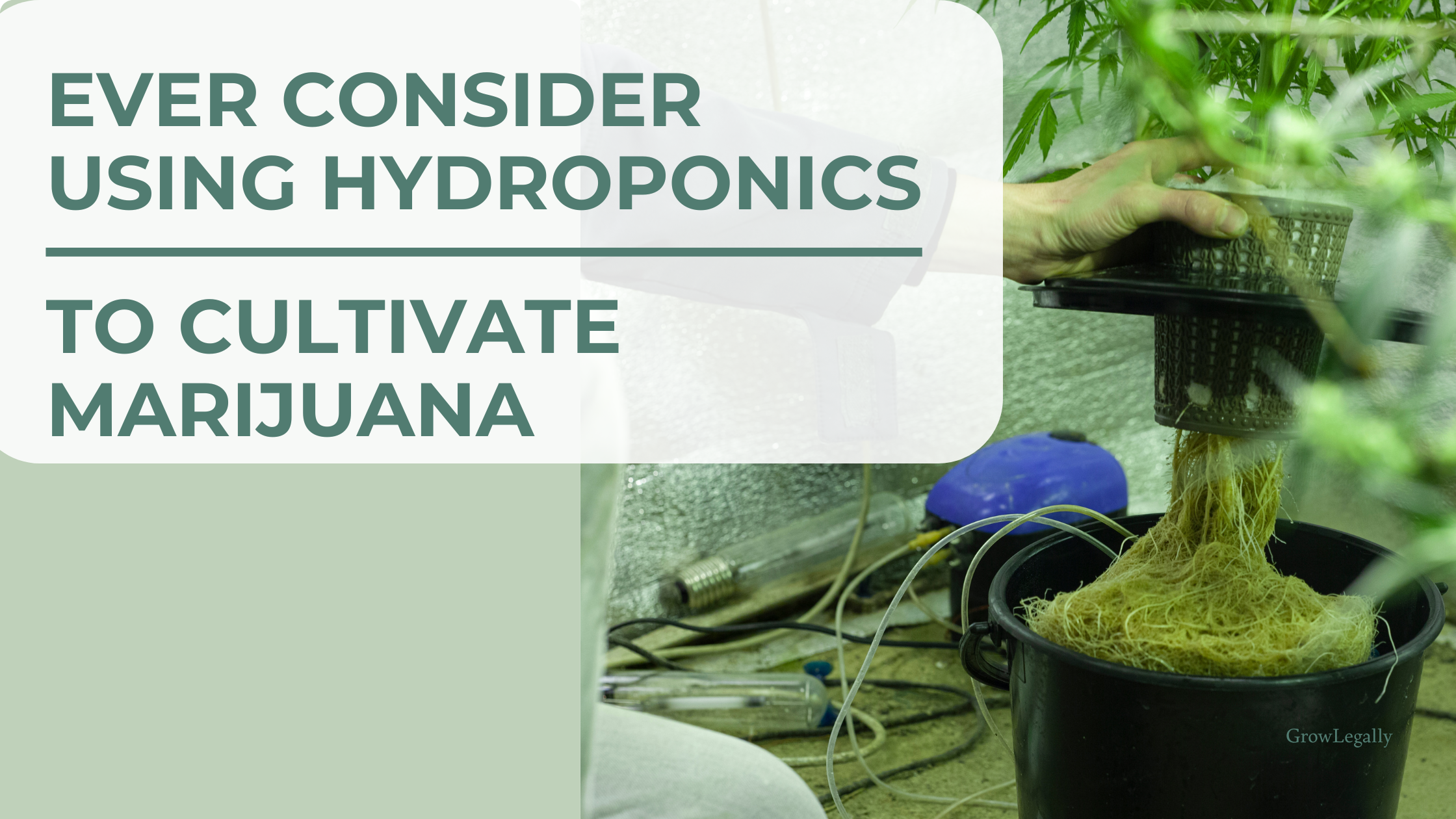

.png)
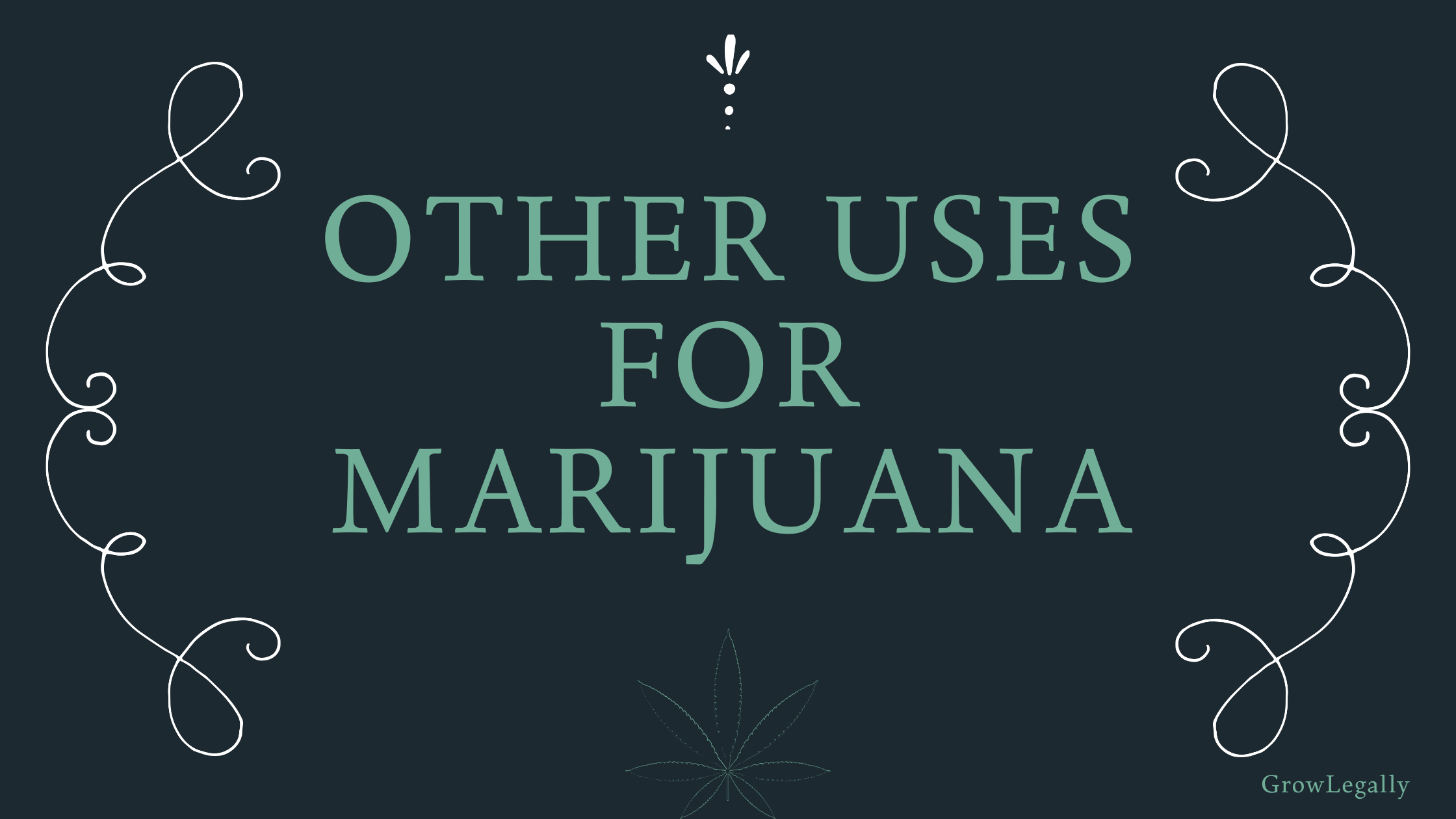


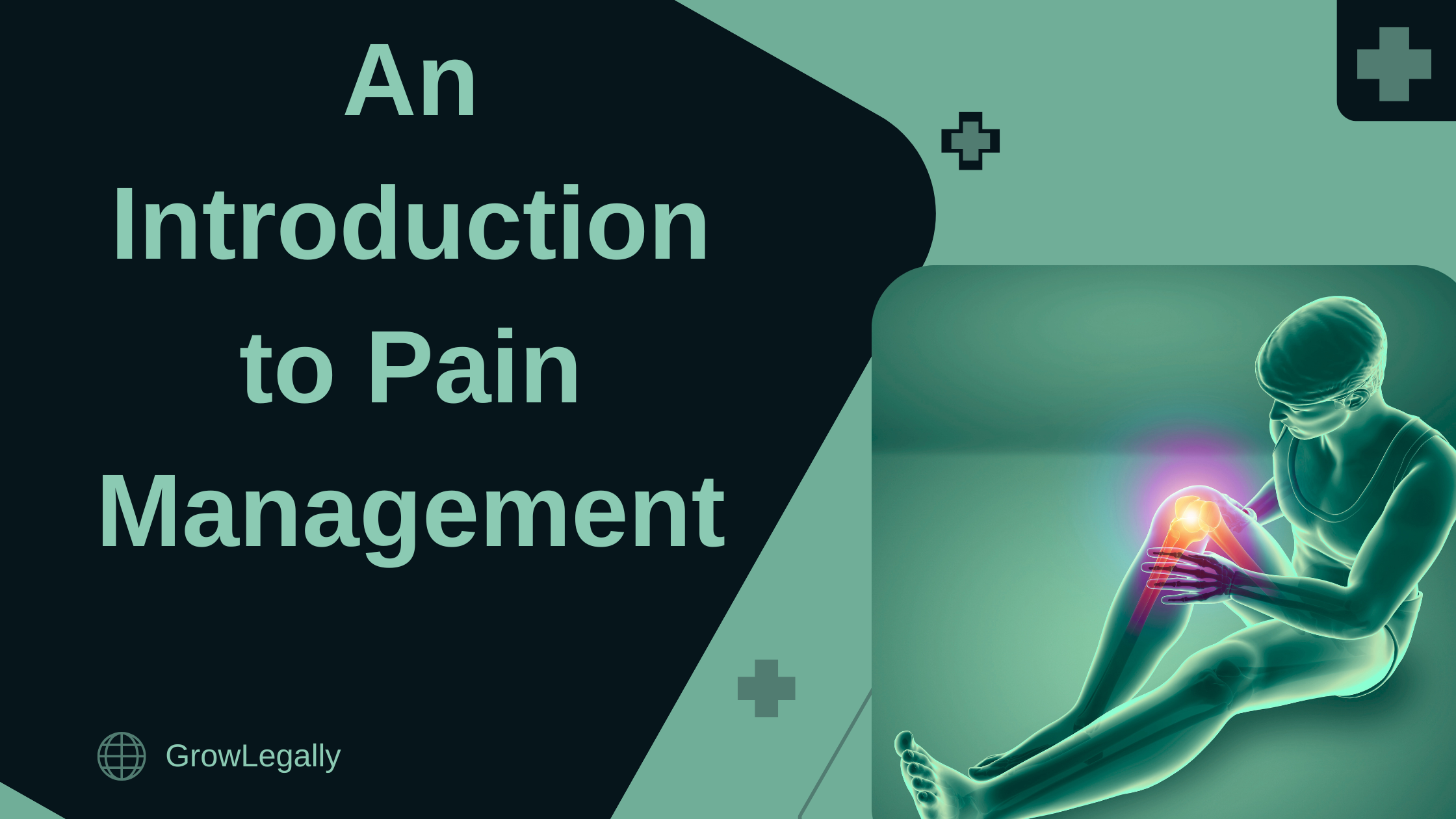

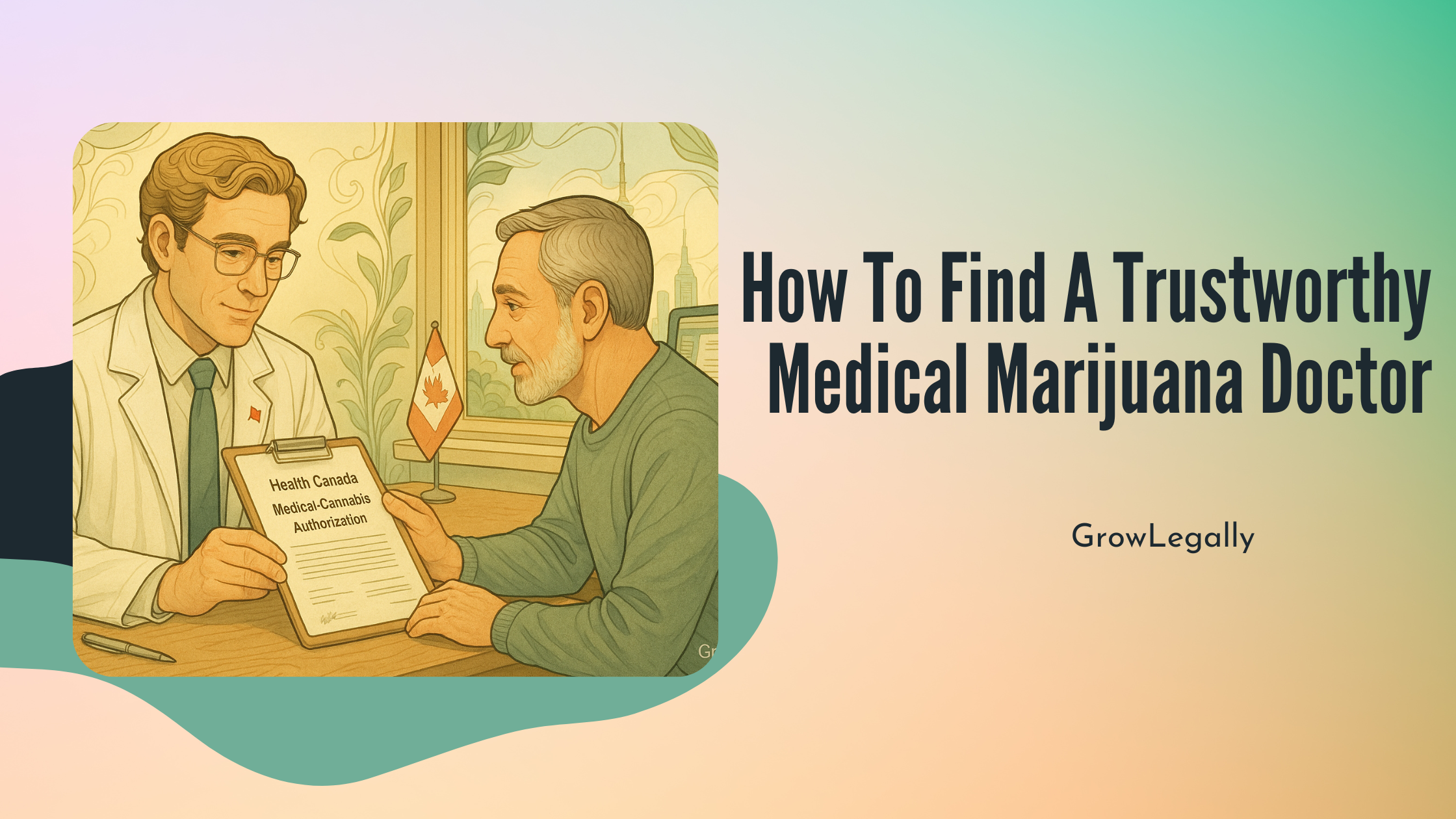

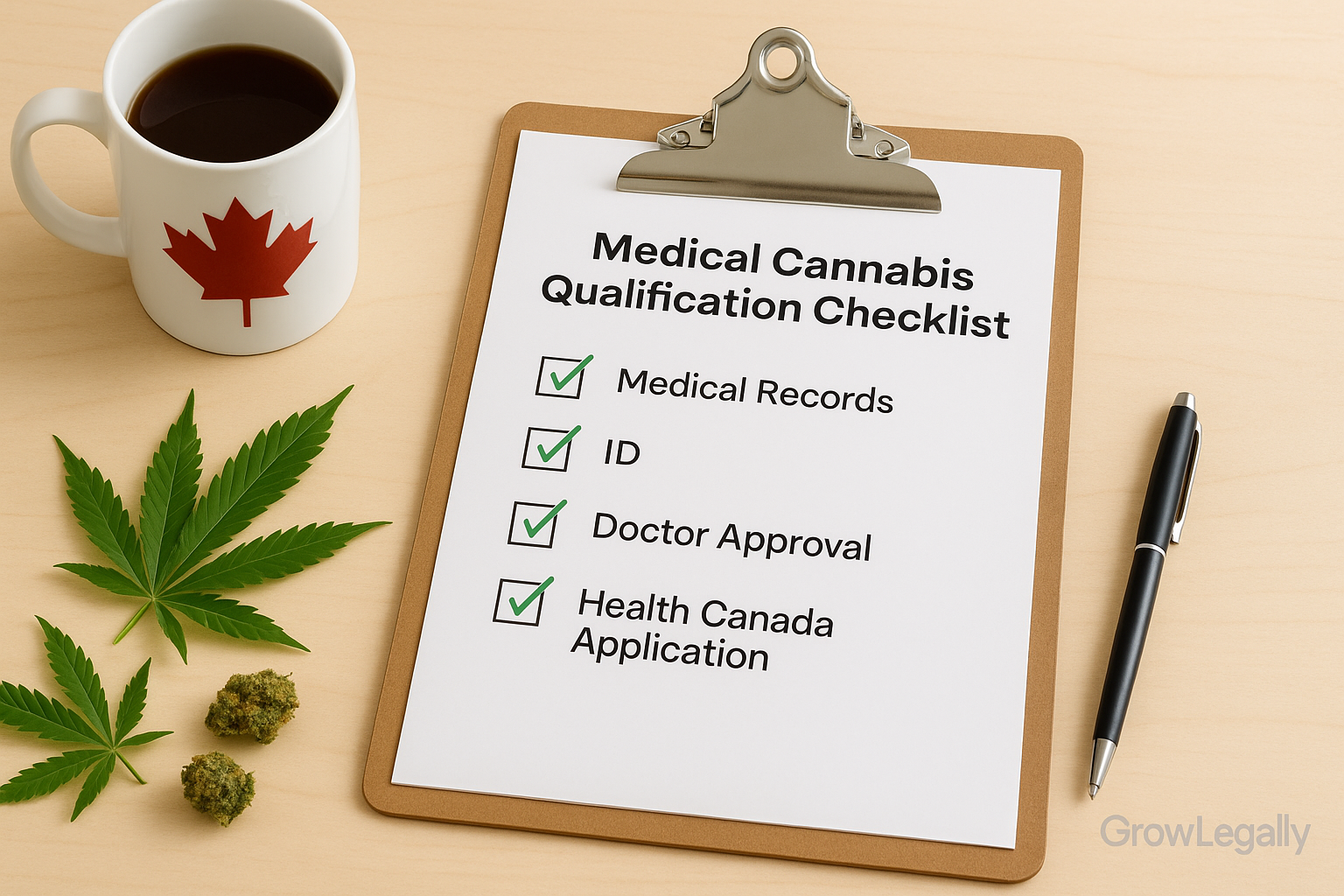
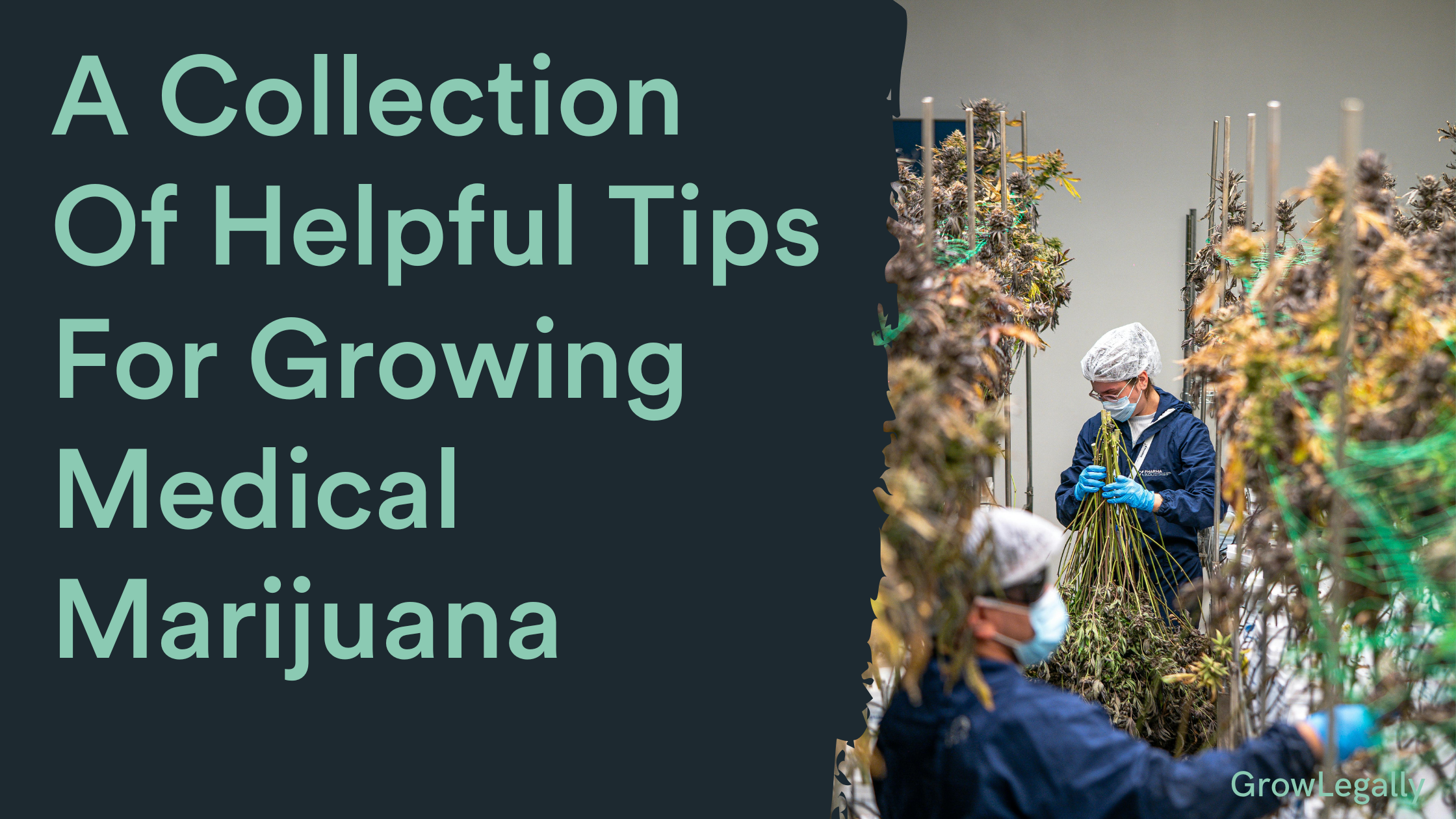
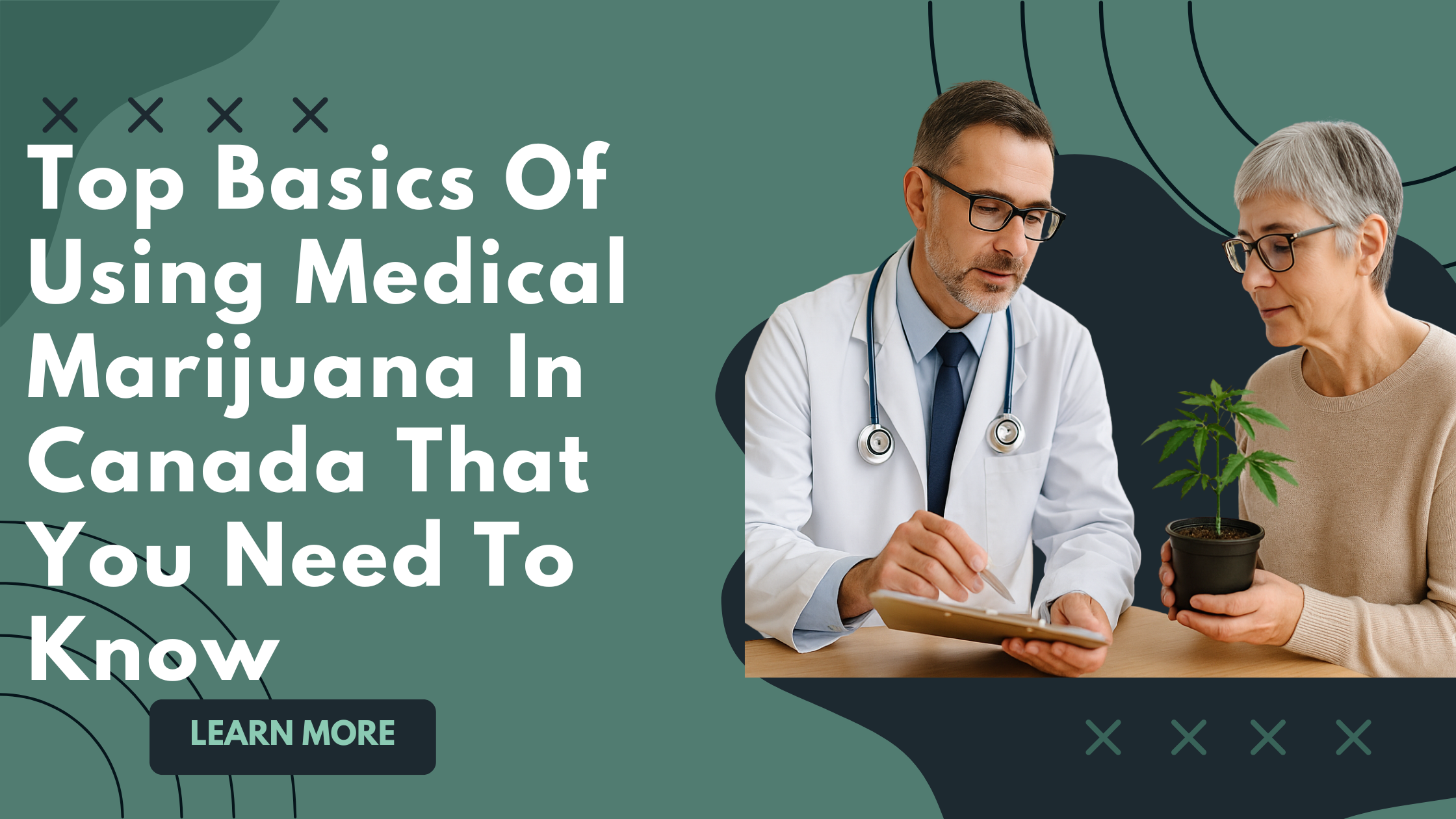
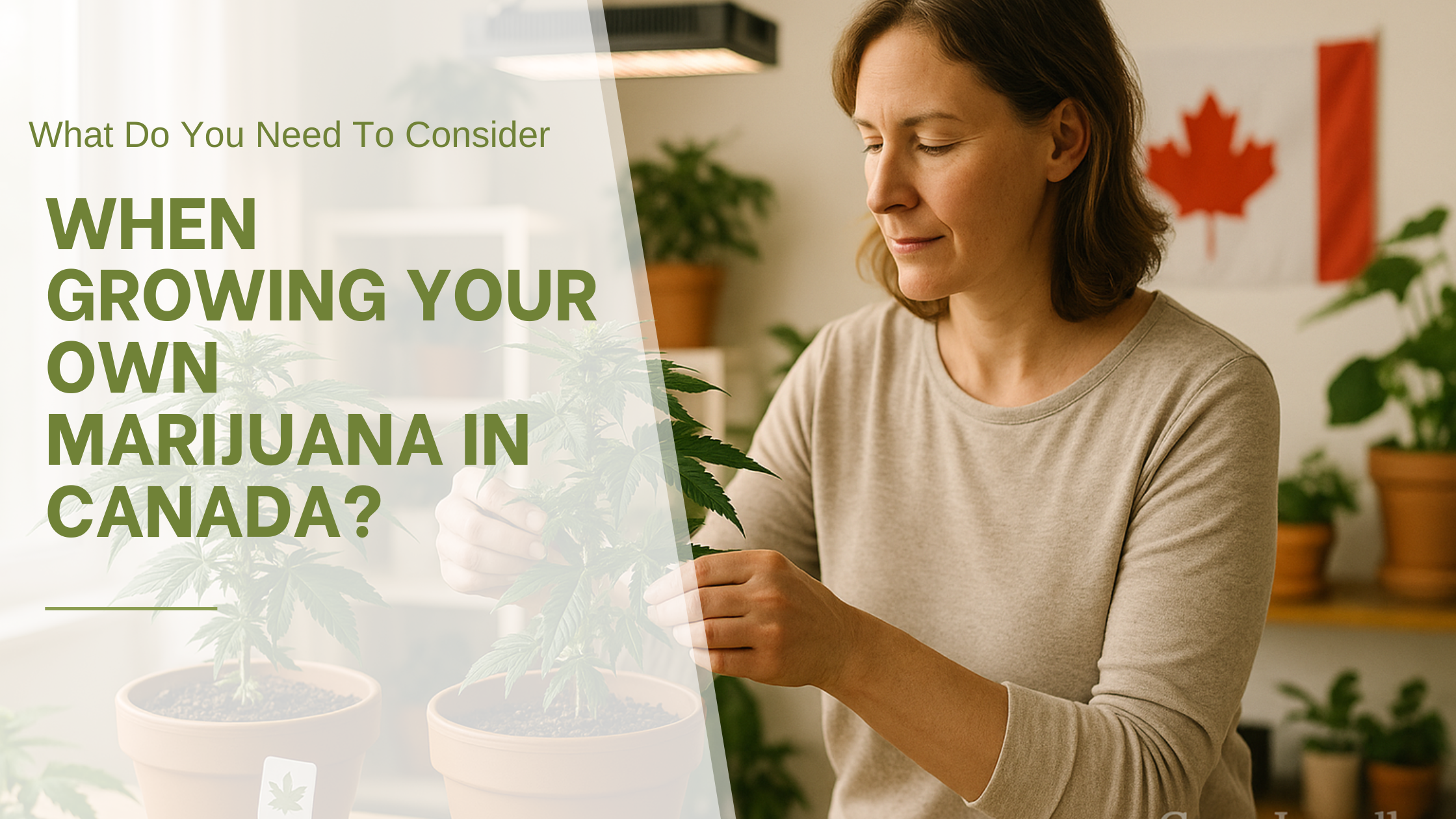


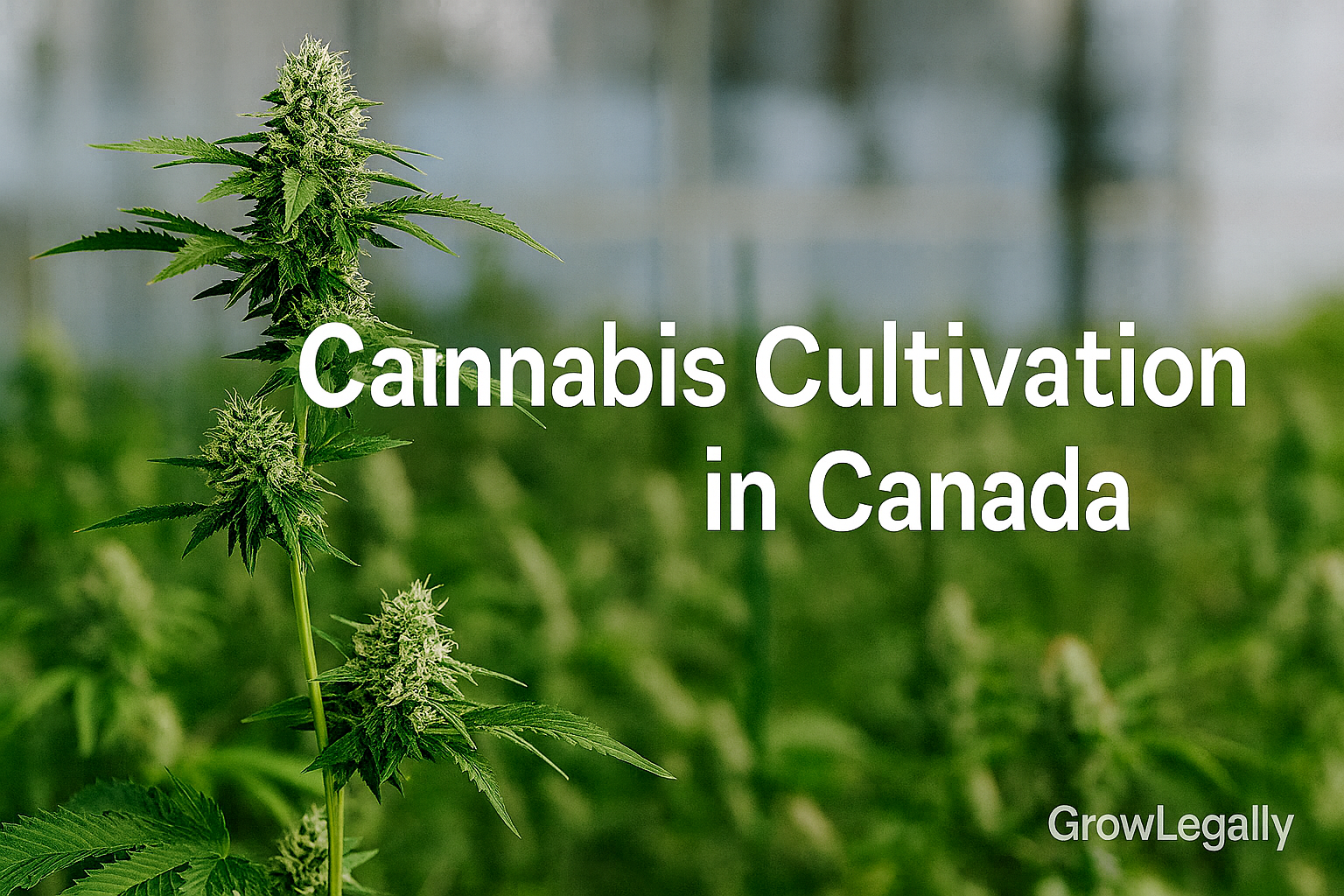
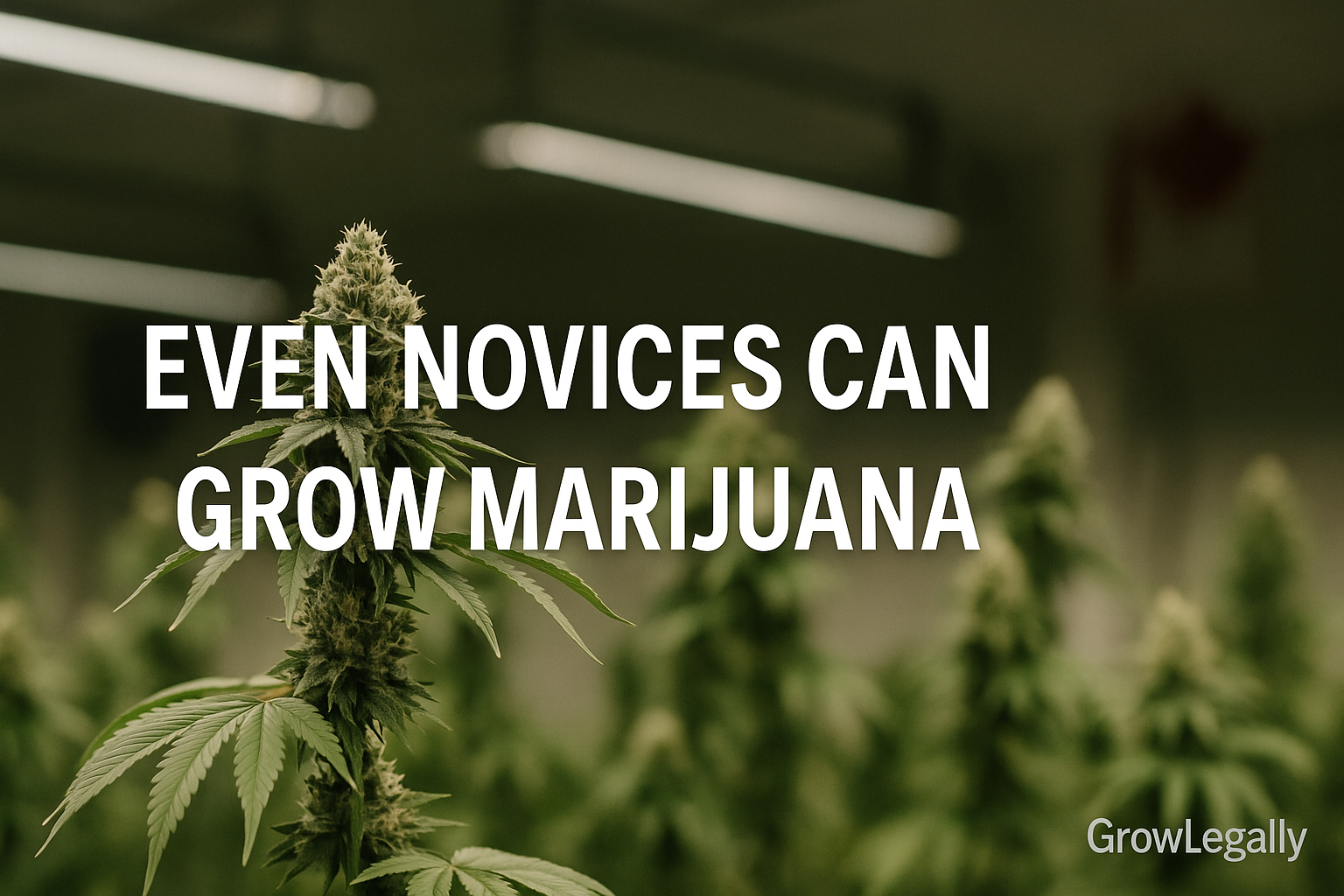


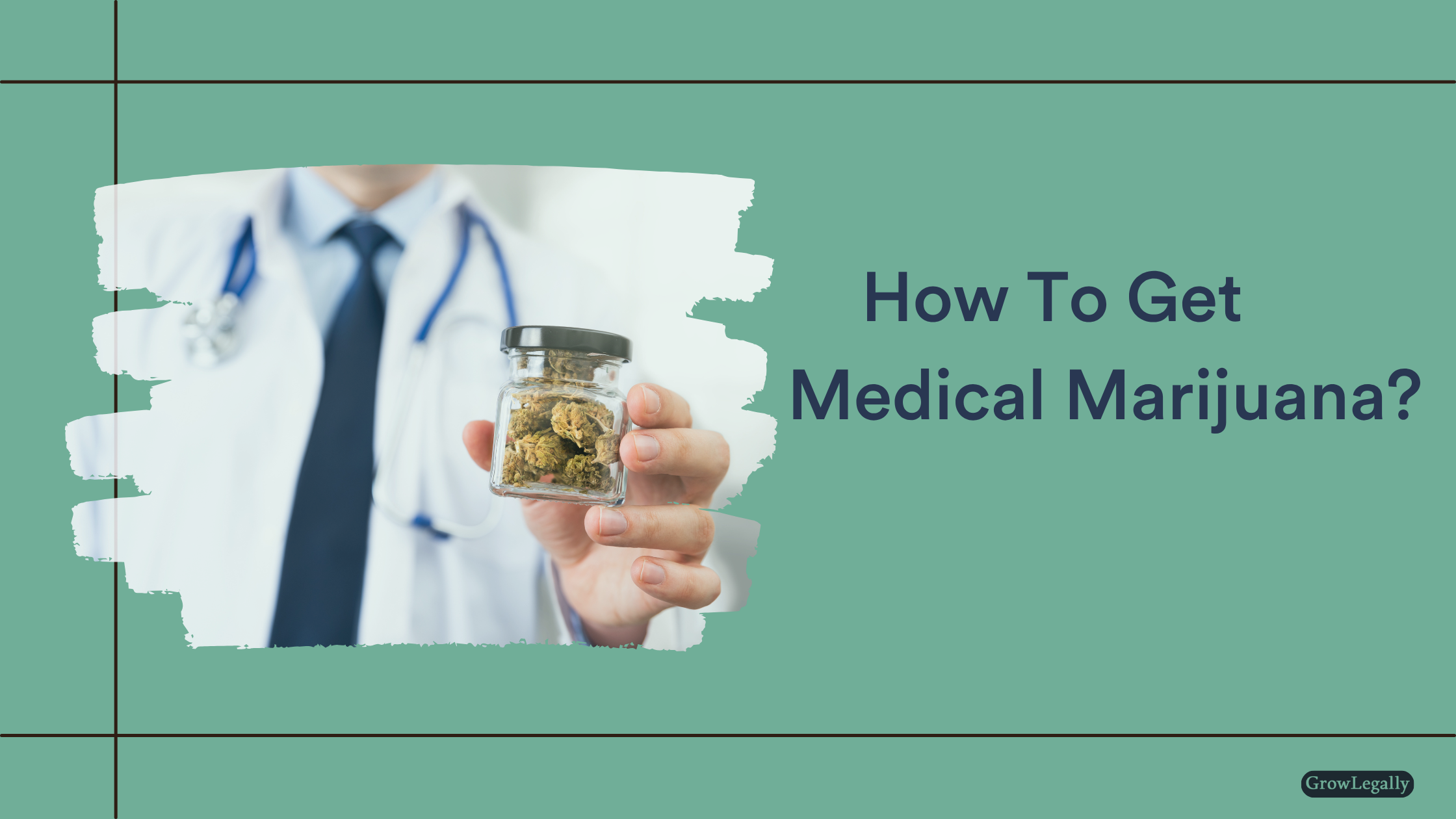

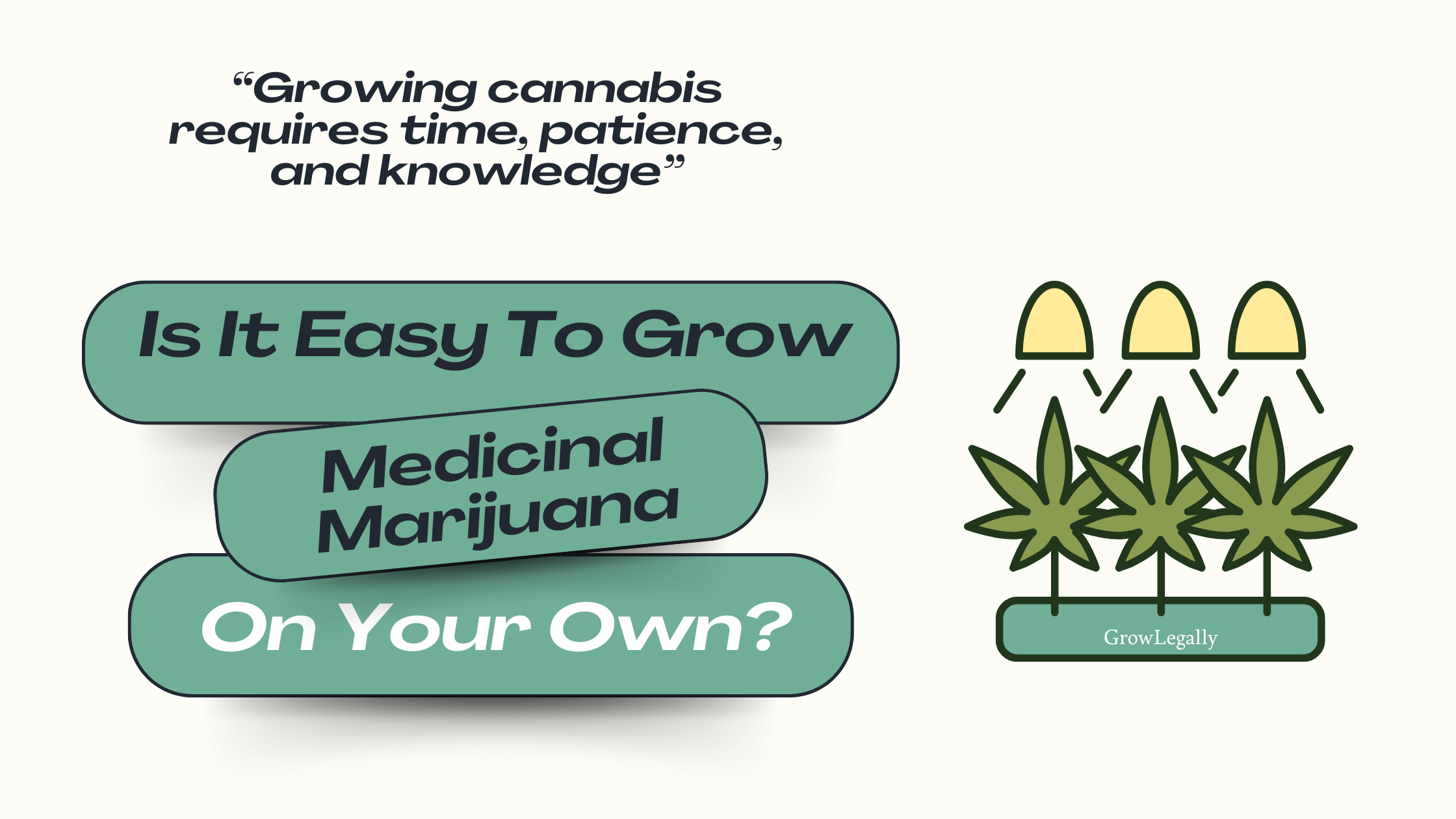
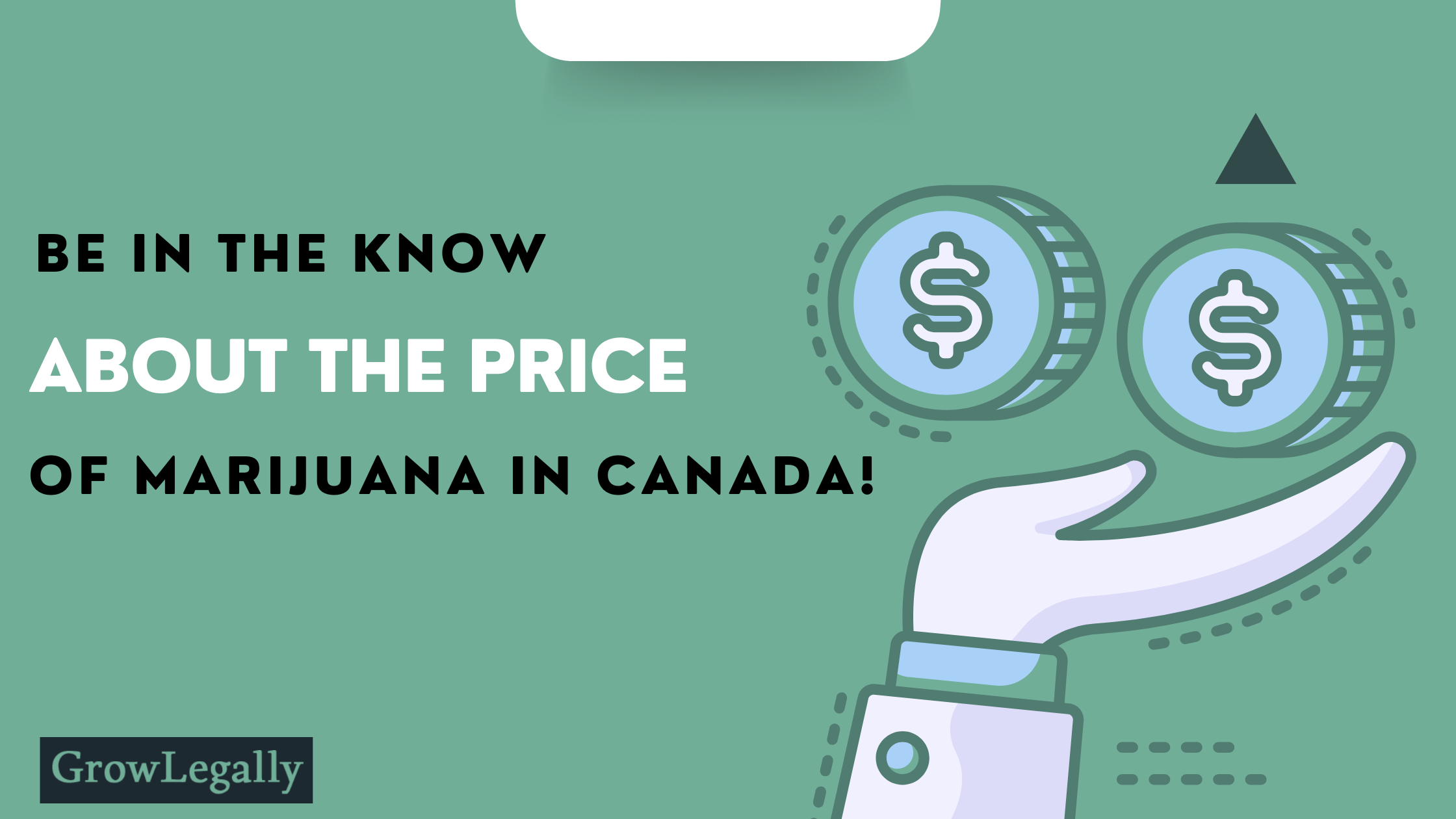





















.png)

















































.png)




























